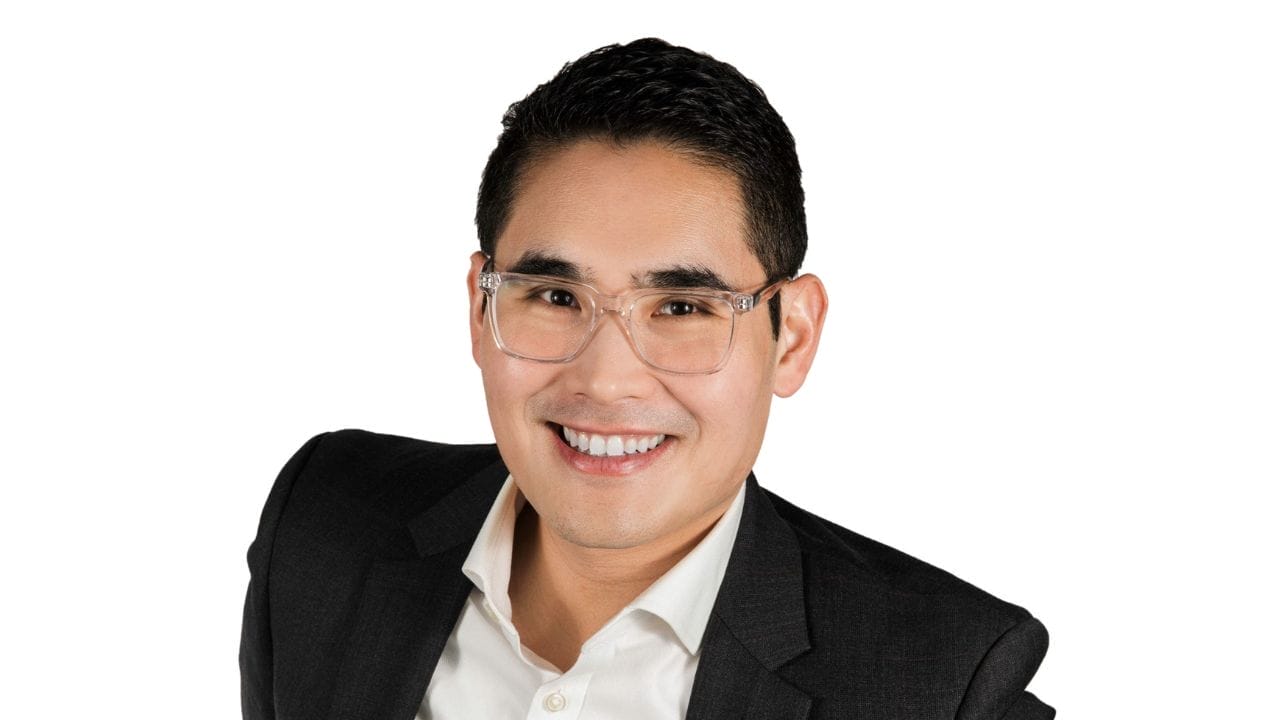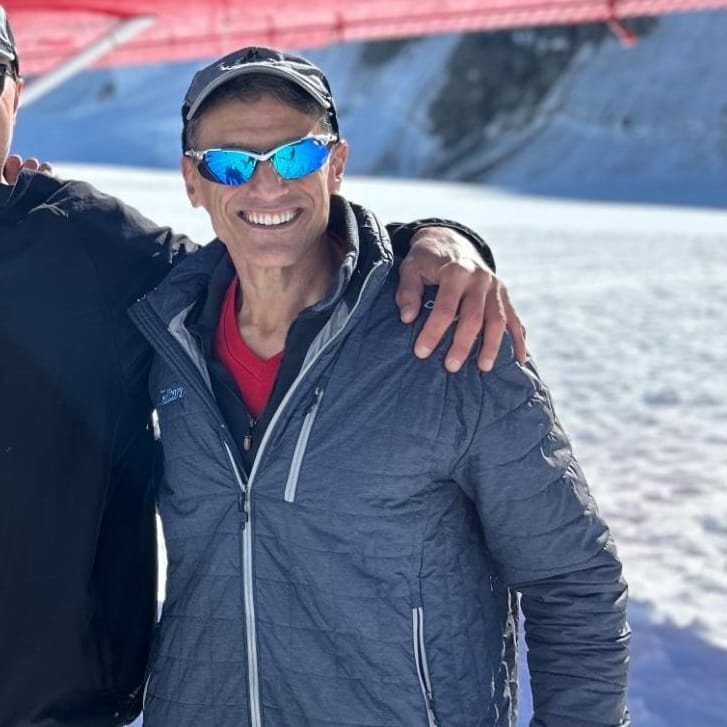Since graduating from Wharton 10 years ago, TJ Castro Lim WG13 has made a name for himself as a leader in digital financial-services products. Having worked on initiatives at businesses such as UBS, Goldman Sachs, and Fidelity Investments, Lim is now the head of digital platforms for J.P. Morgan Private Bank, managing the technology that helps bring the company’s clients and advisors together.
Throughout the last decade, Lim has also been recognized as a staunch advocate for diversity, equity, and inclusion and a prominent speaker on the topic. He currently serves on JPMorgan Chase & Co.’s firm-wide LGBTQ+ Executive Forum and Asian Executive Forum as well as the asset and wealth-management division’s LGBTQ+ Network and Asian Leadership Forum. Last year, he became a board member for Reaching Out MBA (ROMBA), a nonprofit organization supporting members of the LGBTQ+ MBA community. Wharton Magazine sat down with Lim to discuss his advocacy efforts, how DEI factors into his digital work, and his advice for young leaders looking to get their footing.
Wharton Magazine: What influences have given you the confidence to advocate for LGBTQ+ representation and Asian representation in your career thus far?
TJ Castro Lim: On the LGBTQ+ side of things, I felt what it’s like to be a victim of harassment when I was a consultant before Wharton. I’ve always been proud to be gay, but when I started getting bullied for it at work and as an immigrant, I was afraid. I noticed myself underperforming and second-guessing my work. It fundamentally affected what I could do for the firm. I left that job and joined another firm. I became very focused on driving change for the gay community — worked on getting Fidelity to march at Boston Pride for the first time in 2007. That was a moment of strength for me.
On the Asian side of things, the 2021 shootings in Atlanta and Stop Asian Hate were an awakening for me. I realized I had a strong, powerful, and affirming LGBTQ+ community. I didn’t feel like I had that as an Asian. That became real to me that March because I didn’t know who to call or talk to. I promised myself that the fervor I have for the LGBTQ+ community was something that I would devote to the Asian network.
I know there’s always going to be something new to learn. Sometimes, leaders encounter analysis paralysis and don’t know where to start. Start by being comfortable with what you don’t know and start listening to people and figuring out who you can help in in a small way. It adds up.
WM: What does it mean to you to foster a professional culture of inclusivity and belonging?
TJCL: Belonging is feeling like you’re part of a team, whether or not it’s in a professional setting. When you’re working in an organization, group, or company, and you’re uncertain whether they have your best interest or if your peers have your back, then you don’t belong. It goes both ways: Do I have the other person’s back? That’s what I try to inculcate in my team. It goes beyond race and sexual orientation. When you define belonging and inclusion as having each other’s back, it involves everyone.
WM: What advice would you give to young employees whose workplaces may not have strong networks for underrepresented groups?
TJCL: Friendships are number one. Make sure you have good friends, because at the end of the day you can only network so much. A lot of times, younger people are told to reach out to a mentor. For me, it’s creating genuine relationships and friendships with people at work, and that often means your peer group. Then you’ll have people who have your back, and you can start asking your friends, “Who do you look up to? Who’s been kind to you? Who’s helped you?” Oftentimes, that then creates a secondary network of people who are supportive and nurturing. And then you can ask those people the same questions. It creates a more authentic network of people who care and who have a high likelihood to want to invest in, and advocate for, you.
WM: What inspired you to join Reaching Out MBA as a board member last year?
TJCL: Even before classes started, I joined Out4Biz at Wharton. We were told, “Hey, there’s this conference that we all go to, ROMBA.” Year in and year out, it’s a moment of pride for me to see Wharton as the most represented school.
ROMBA made recruiting easy for me because it opened a lot of doors. It also showed me which firms cared about LGBTQ+ employees. It’s self-selecting — not every firm goes to ROMBA. So when the opportunity came to give my time back to a nonprofit, it was a rather easy decision. A fellow Wharton Out4Biz alum, Nikki Ferszt W08 WG14, is also on the board.
WM: How do DEI considerations factor into your digital offerings at J.P. Morgan?
TJCL: One thing that we’ve done for our advisors is flash heritage months and DEI-significant events or days in our customer relationship management platform. For example, at the start of Pride Month, Mental Health Awareness Month, Women’s History Month, Hispanic Heritage Month — you can’t miss it. Another example: Our advisors have a chatbot. Their name is Casey. We noticed a lot of people referring to Casey as female. Without ever announcing pronouns for Casey, everyone said “she.” We sought to reframe the conversation and bring awareness to the importance of pronouns. On Casey’s first birthday last year, we had a coming-out party.
It’s about making sure that people see that DEI isn’t a side gig. It isn’t something that you do after work as an extracurricular. DEI can actually be intertwined with your work. That’s why for us, working in digital, we celebrate DEI opportunities and find ways to embed conversations about DEI in the day to day.
WM: Is there anything else you want to talk about that we haven’t touched on?
TJCL: As an alum, Wharton was a great period for me to learn what belonging and inclusivity meant to me. I very clearly think of my time at Wharton as one where I felt nothing but that. Everyone was so supportive of Out4Biz. LGBTQ+ students at Wharton were a small percentage of the population, but it didn’t feel that way. I never questioned whether I was safe or accepted.
The idea of minorities and majorities — that is real. We can’t just erase the fact that some people are minorities and some are majorities. But what connects us is not the fact that you’re outside and I bring you in. What connects us is the human emotions of friendship, learning from each other, caring about each other, and listening and talking to each other. At the end of the day, we can’t forget it’s about humanity and how we can become better humans.


























